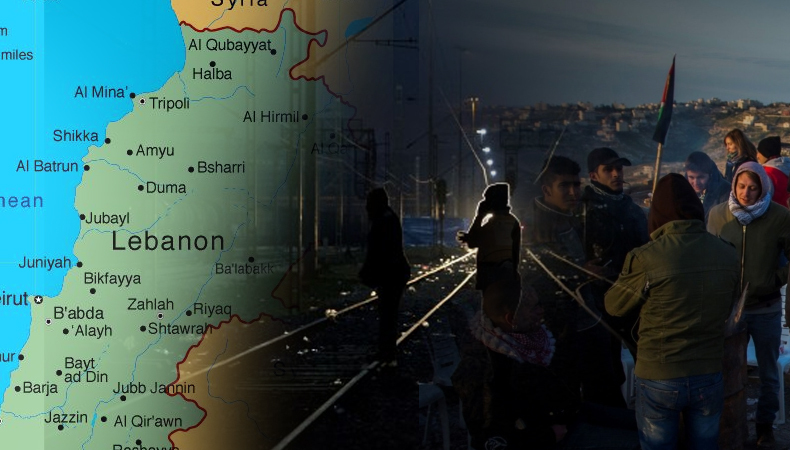Lebanon: Electricity charges fuel refugee crisis

According to Quds Press, the decision by the Lebanese government to demand payment for energy provided to Palestinian refugees in the nation will worsen the crises in each of the camps where they are housed.
The decision, which, according to Minister of Energy and Water Walid Fayyad on Monday, would also affect Syrian refugees, has been communicated by the government to the various Palestinian factions.
According to experts, the increased cost of power will make life for refugees even more difficult along with the reductions in services offered by the UN Relief and Works Agency (UNRWA).
They don’t have access to the essentials for a good life, thus they already live in extreme poverty. Despite the fact that the majority of refugee families have lived in Lebanon for many years, they have never received Lebanese citizenship and are subject to several limitations as a result from the government in Beirut.
Read | Lebanon MPs fail to fill vacant presidency again
However, despite the challenges, Palestinian refugees have responded favourably to the Lebanese decision, according to Mon’em Awad, a representative of the Popular Committees in Palestinian Refugee Camps and Gatherings in Lebanon. The refugees have agreed to accept any “acceptable system” for collecting the electrical charges and stated that they are willing to work with the authorities.
“The electrical expenses are the duty of UNRWA, which provides basic services in the refugee camps,” claims Ali Huwaidi, Director-General of Commission 302 for the Defence of Palestinian Refugee Rights.
He emphasised that UNRWA is in charge of maintaining the camp infrastructure, which includes the provision of electricity as well as sewage, water, and communications. “Refugees respect the state’s sovereignty, pay taxes, and receive no benefits.”
Hassan Al-Sayyeda, a human rights activist and researcher, said that many Palestinian refugees struggle to provide for their family by paying their rent and other essential expenses.
They already struggle as refugees in a nation that is facing significant economic and social problems, and now they must shoulder the cost of power.




